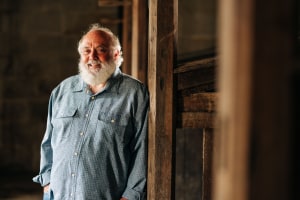Pro-Pac Packaging has suffered a hit to its Industrial business due to a deterioration in trading conditions.
The slowdown in the second half of the 2018-19 financial year has cut revenues and margins for the Industrial arm of Pro-Pac Group, though other areas have not been affected. Both the Flexibles (including the recent acquisitions of Perfection Packaging and Polypak) and Rigid businesses are trading broadly in line with expectations.
In light of the slowdown the company has revised its unaudited FY19 EBITDA (before significant items) guidance, from $30m-$33m, to around $28m (FY18 actual $16.1m)..
The slowdown adds to the Pro-Pac Group’s woes over the last fortnight, after a fire broke out at its Integrated Packaging Kewdale flexible packaging site in Western Australia – though no injuries were reported.
“Emergency services attended the site and successfully contained the fire to one building that housed office administration, engineering and core manufacturing. There appears to have been no material damage to the film extrusion manufacturing facilities.
“Whilst there will be short term challenges to return to full operation, the long term capability of the site does not appear to have been compromised,” the company said.
Pro-Pac has undergone a high-level shakeup this year, with Jonathan Ling replacing Ahmed Fahour as chairman, and Tim Welsh stepping in as CEO in April, following Grant Harrod’s resignation in November.





